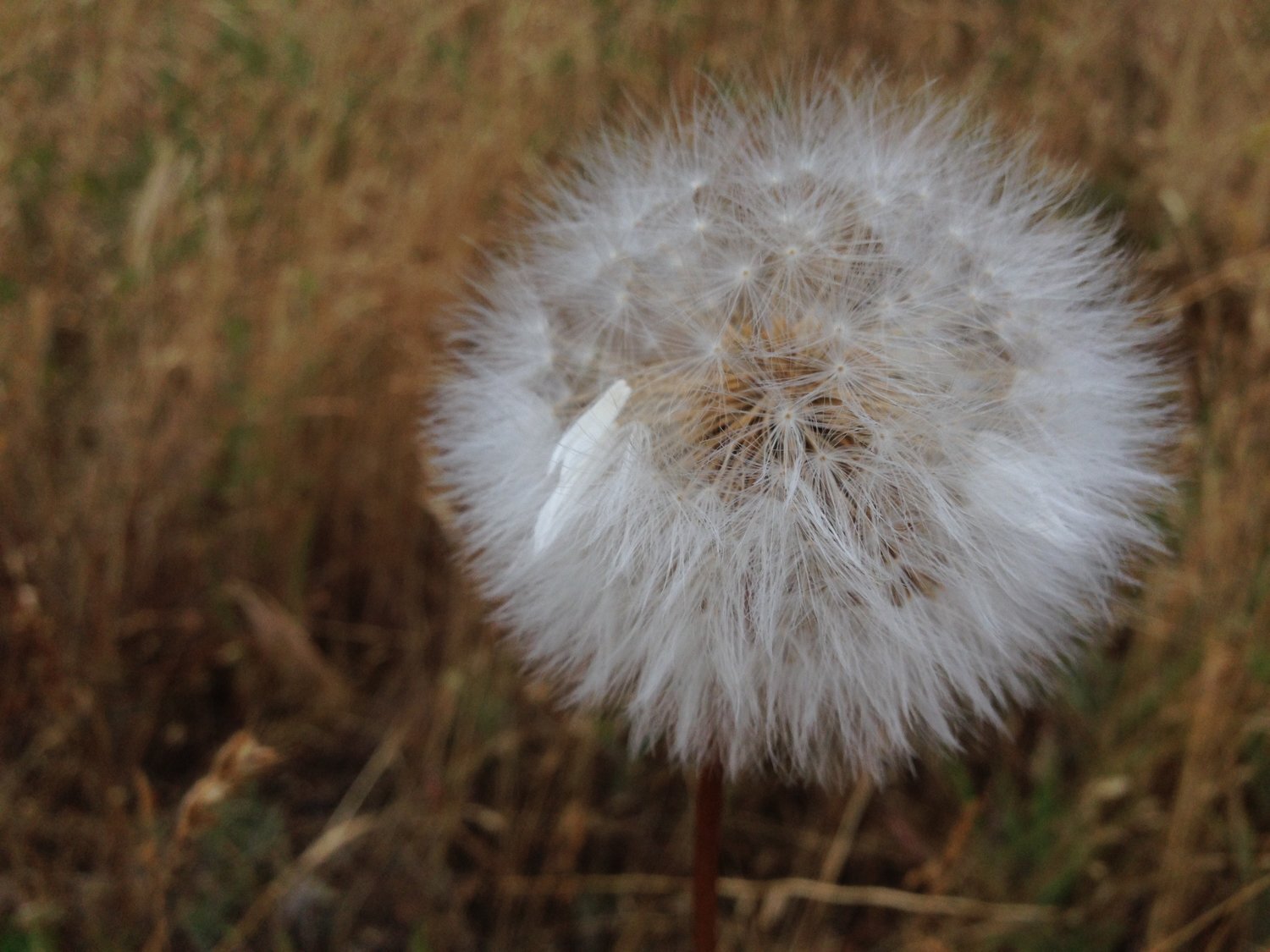Stardust and Special Snowflakes
“How does spending your days deep in the pursuit of understanding dark matter impact your mundane life?” I asked the physicist sitting next to me at dinner.
“Mundane life?” his wife asked, “He doesn’t have that!” she jokingly insisted.
“Does dark matter change how you think about buying toilet paper?” I persisted.
“It does make you understand, on a very literal level that we are stardust. And that we are infinitesimally small.” “There’s a Jewish tradition” he went on to say, “that encourages you to carry a different slip of paper in each of your pockets. One that says, ‘I am but dust and ashes’ and the other that says, ‘for my sake the world was created,’ and I like that tradition. Studying dark matter demands that you consider the former, but of course there are times in life when you need to consider the latter. The point of the tradition is that you should reach into the pocket and pull out the paper that will serve you in the moment.”
If someone were to ask me to explain the inner workings of a toaster oven, I would have very little to say. So the idea that a person could begin to conceptualize dark matter seems truly wild to me. There are, of course, many kinds of intelligence, and precious few of us can have them all. So while I won’t be embarking down the path of physics in any meaningful way in this lifetime, I do want to know what anyone who operates in different fields of intelligence from the ones I call home, has to say about the world.
When I was younger my dad encouraged me to learn a second language—not solely for the practical reason that it would broaden my ability to communicate, but for the more philosophical reason that it would give me a new way to think. “Language constrains our thoughts—learning new languages gives you new windows into the world,” he said.
There is, in my mind, a different language that you have to learn, to be able to conceive of things as abstract as dark matter. And the gift I got at this dinner, was to hear a translation of this language in terms I could grasp: “I am but dust and ashes.” But, equally important to this wisdom, is the other slip of paper: “For my sake the world was created.” Certainly, in the world of physics, I would imagine this second statement is beyond ridiculous, but in the scope of the human experience it is profound, because we are driven to make meaning out of our dust and ashes.
Some of the people I love best dwell primarily in the pocket of “I am but dust and ashes.” Humility is a very attractive quality. But I’ve seen the detrimental impact of dwelling there too long—of forgetting the human capacity to generate meaning and to stand in wonder of your own life. For those people, the second statement, “For my sake the world was created,” is not about arrogance. It’s about worth and worthiness and remembering that having needs doesn’t make you needy. It’s about opening up to receiving, instead of just giving. It’s about setting down shame, and observing what is unique and genuine about the way their dust and ashes are arranged and expressed, and claiming that specificity, as something to celebrate and cherish.
The larger point of the tradition is not about choosing one slip over the other—it’s about learning how to choose both concepts, at the same time. It’s ultimately a tradition to work with the struggle of getting comfortable with the contradictions and conflicting truths that are part of the human experience.
